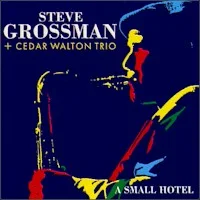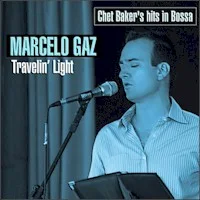Styles: Vocal
Year: 2015
File: MP3@320K/s
Time: 48:07
Size: 110,9 MB
Art: Front
(3:09) 1. Sunny Afternoon
(3:09) 2. Quicksilver Girl
(3:36) 3. Poor People / Justice
(5:30) 4. Murder in My Heart for the Judge
(3:49) 5. Bold Marauder
(3:27) 6. Itchycoo Park
(2:12) 7. Mrs. Brown You've Got a Lovely Daughter
(5:16) 8. Not So Sweet Martha Lorraine
(2:40) 9. If I Fell
(3:37) 10. Red Rubber Ball
(2:26) 11. Don't Let the Sun Catch You Crying
(4:35) 12. Hungry Freaks, Daddy
(4:34) 13. Wooden Ships
My Weekly Reader
Year: 2015
File: MP3@320K/s
Time: 48:07
Size: 110,9 MB
Art: Front
(3:09) 1. Sunny Afternoon
(3:09) 2. Quicksilver Girl
(3:36) 3. Poor People / Justice
(5:30) 4. Murder in My Heart for the Judge
(3:49) 5. Bold Marauder
(3:27) 6. Itchycoo Park
(2:12) 7. Mrs. Brown You've Got a Lovely Daughter
(5:16) 8. Not So Sweet Martha Lorraine
(2:40) 9. If I Fell
(3:37) 10. Red Rubber Ball
(2:26) 11. Don't Let the Sun Catch You Crying
(4:35) 12. Hungry Freaks, Daddy
(4:34) 13. Wooden Ships
Last time Nellie McKay took a stroll through the past, she doffed her hat at Doris Day, an obvious tribute for a singer as besotted with the stage as Ms. McKay. My Weekly Reader, the album that functions as the sequel to 2010's all-original Home Sweet Mobile Home, is a surprise as it shines a spotlight directly on some of the shadowy corners of the '60s. Despite opening with a cover of the Kinks' "Sunny Afternoon" and a leisurely reading of the Beatles' "If I Fell," McKay doesn't spend much time with the familiar. She gravitates toward folky introspection and songs that allow her to strut, two kinds of vintage styles that suit her well, but My Weekly Reader also shows her fondness for weirdo social satire, a quirk that at first glance seem like an odd fit for the singer. Upon second glance, Frank Zappa & the Mothers of Invention's "Hungry Freaks, Daddy" and Moby Grape's "Murder in My Heart for the Judge" seem odd: they're stage-bound theatrical productions fueled by cutesy curtseys, an attitude that unravels during the latter as McKay threads in protest lines from 2014, ending with a whispered "I can't breathe." Nevertheless, that ambition is admirable and its very presence is appreciated, particularly compared to the lighter pop tunes of Small Faces' "Itchycoo Park" and Herman's Hermits' "Mrs. Brown You've Got a Lovely Daughter," tunes that allow McKay to mince about more than necessary. Where My Weekly Reader shines is on the quieter moments, which range from the loveliness of Crosby, Stills & Nash's "Wooden Ships," the nostalgic gleam of Gerry & the Pacemakers' "Don't Let the Sun Catch You Crying," and the spookiness of Richard & Mimi Fariña's "Bold Marauder." Here, McKay achieves a delicate balance between '60s reverence and a sly modern wink, a blurring of eras that plays to her strengths. ~ Stephen Thomas Erlewine https://www.allmusic.com/album/my-weekly-reader-mw0002816266
My Weekly Reader




















